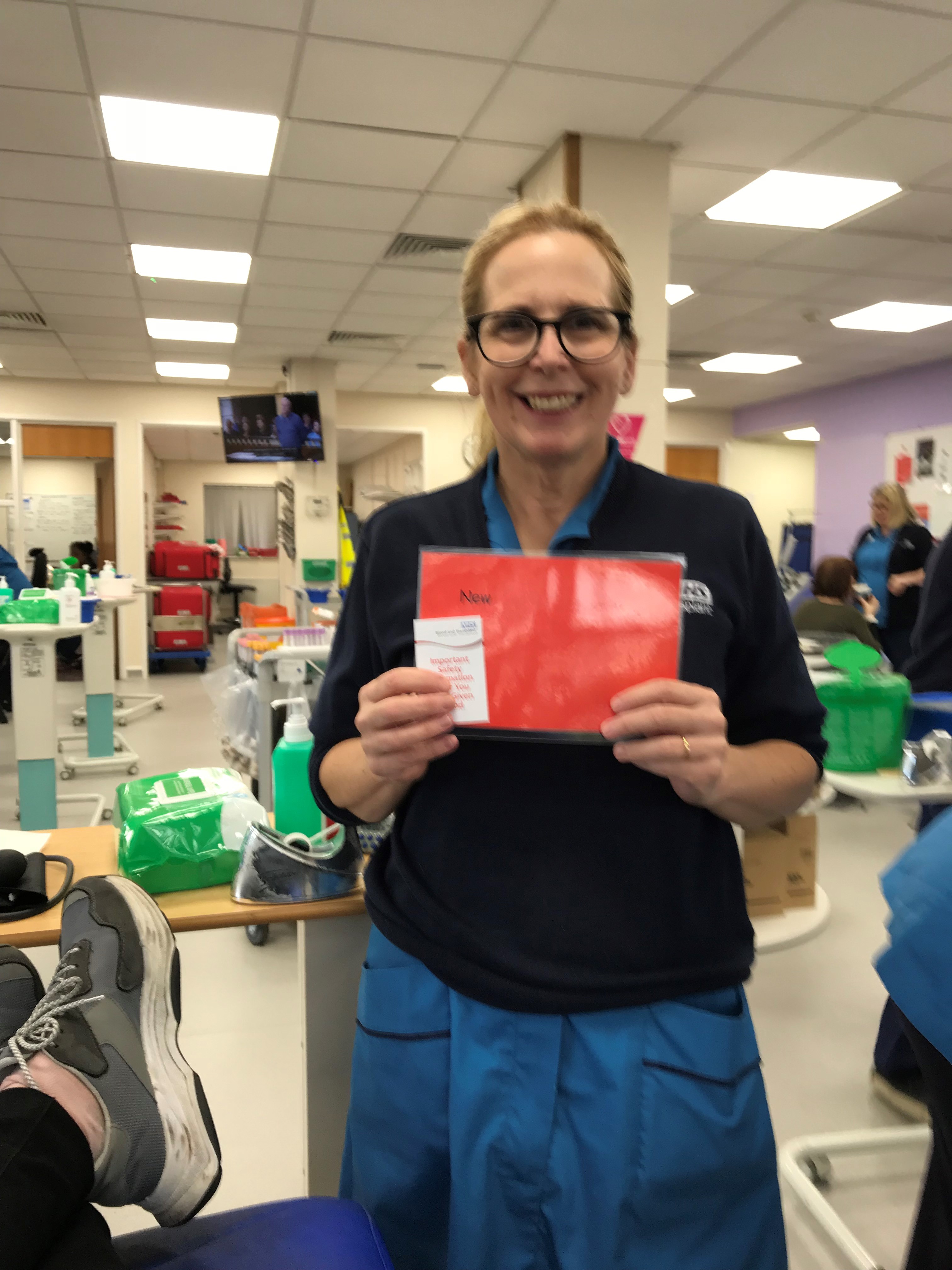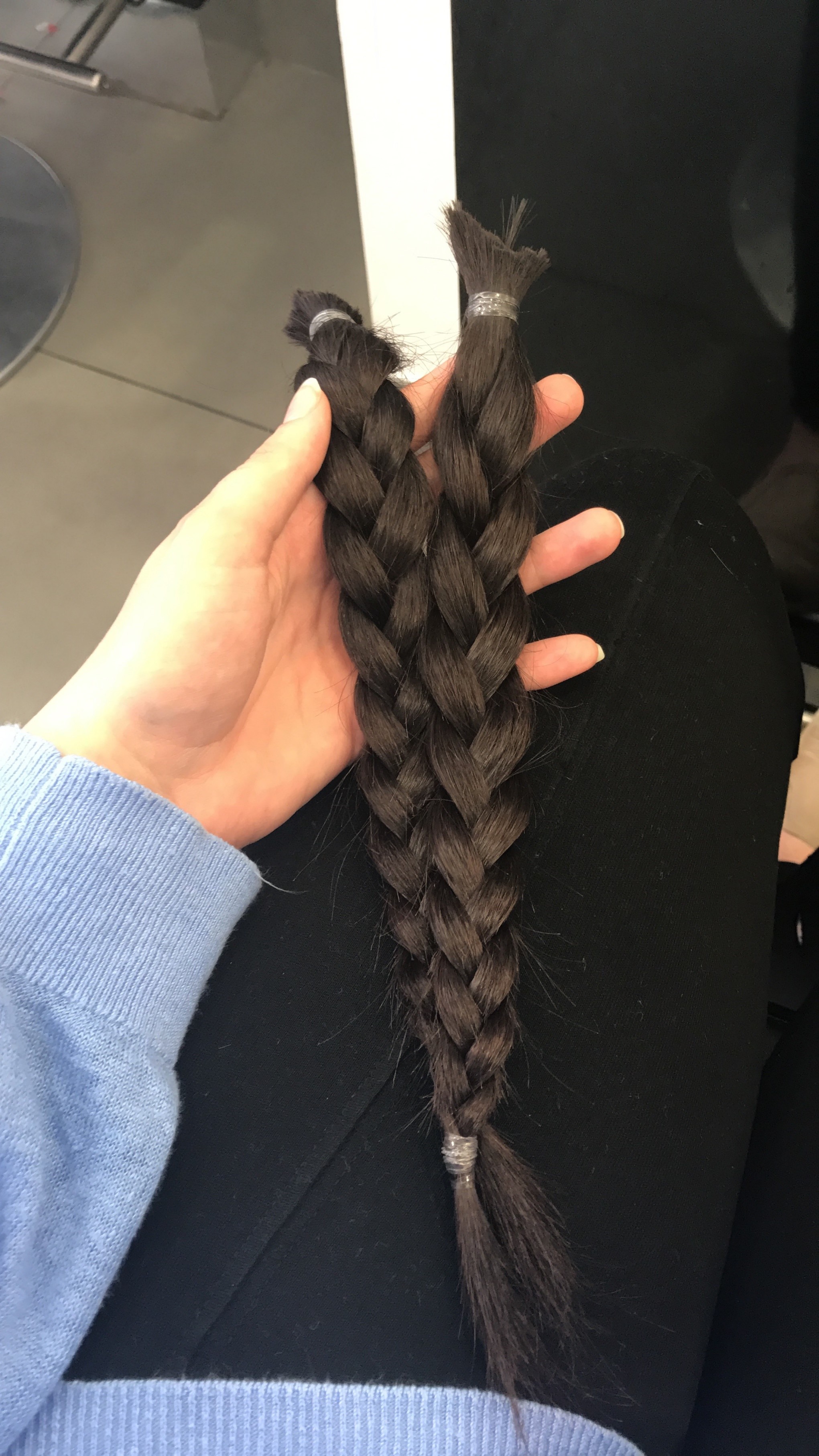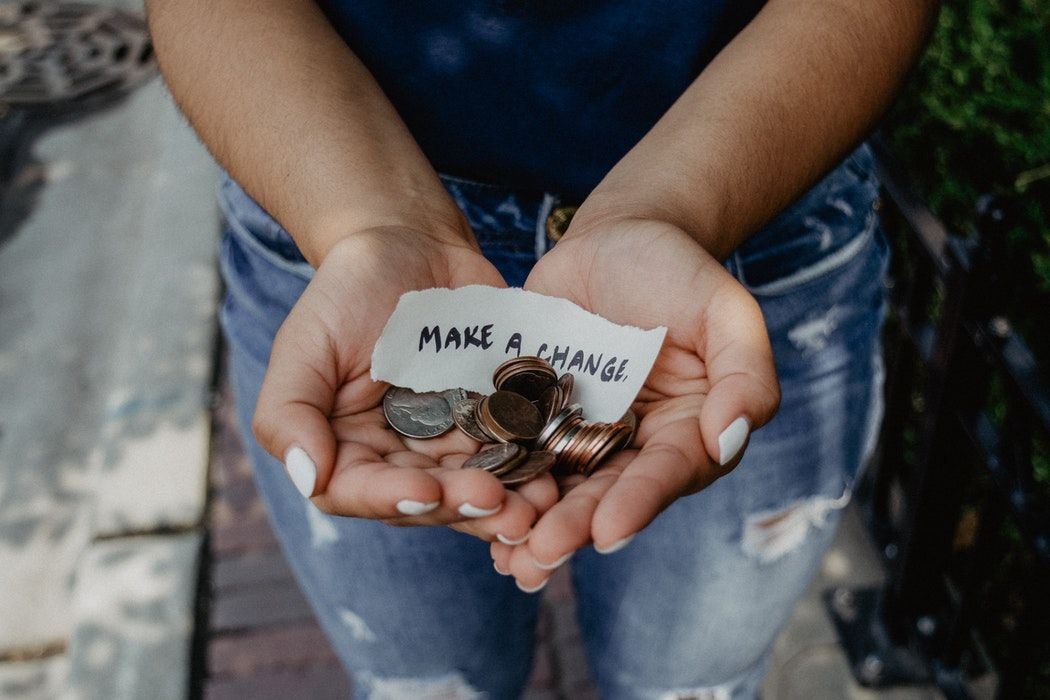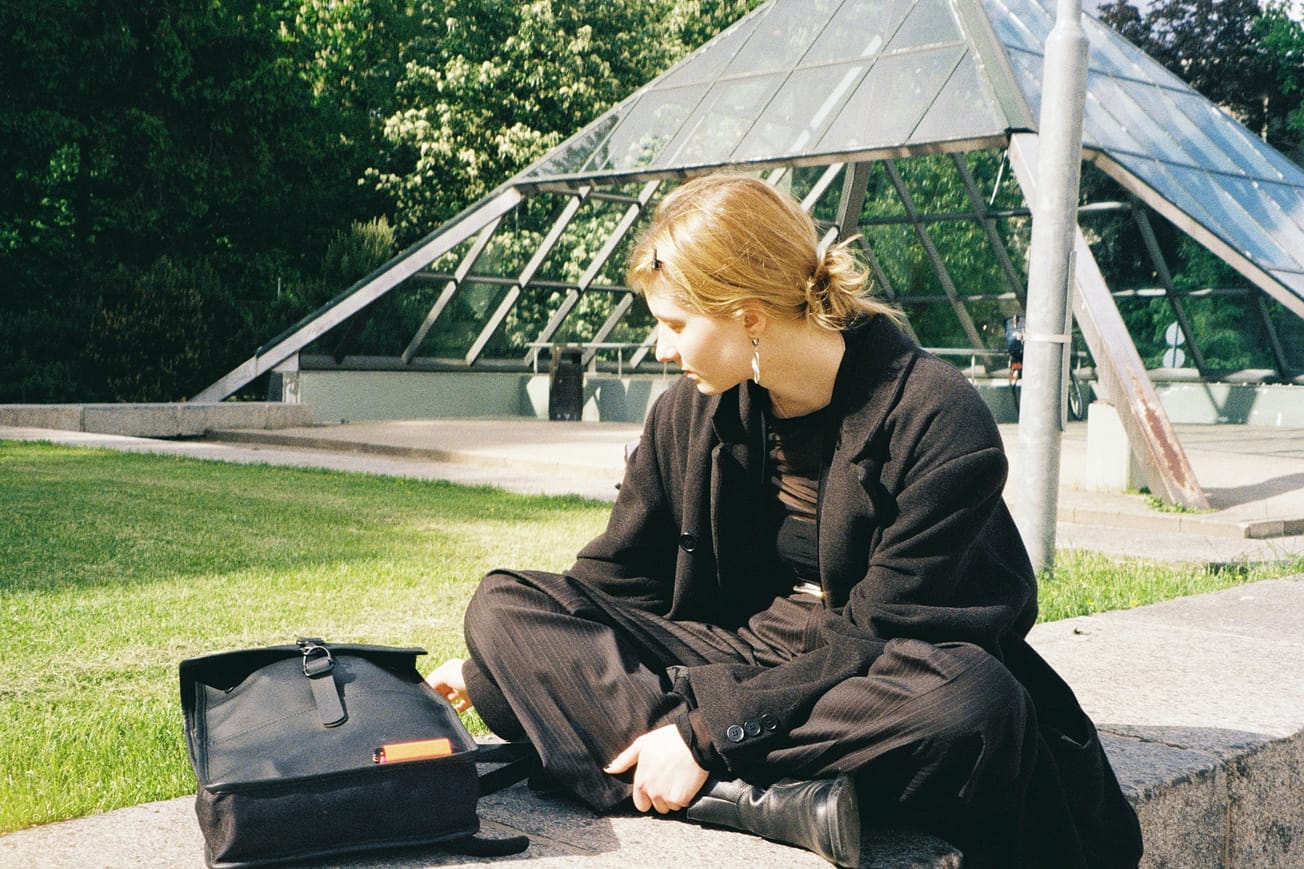By Mary Hollamby, Second Year Psychology
Second Year Psychology student Mary Hollamby discusses many ways in which you can help others, which may be beneficial to both your and their wellbeing.
I often feel like I should be doing more to help people. A part of me feels like making a big but ambiguous change will make everything okay. Sadly, I’ve come to realise that this is somewhat unrealistic, and definitely cannot be done overnight. Nonetheless, there are still little ways to channel this energy into a positive force by participating in things which are not all-consuming or costly, but can really impact another person’s life. There is something to be said for prosocial behaviour increasing your own self-worth, whilst also helping others. Here are some ideas to help turn negative feelings into positive actions, and consequently increase your own wellbeing.
Donate Blood
I must admit I have always seen this as a rather daunting prospect. No one is a fan of needles and giving up nearly a pint of blood seems equally intimidating. However, the fact is that the NHS needs enough blood to help around 6000 patients daily. Around half of the UK’s donors are 45-65, meaning there is a real need for new donors between the age of 17-45. Especially as more mature donors are likely to become unable to donate. Only three per cent of the population actively donate blood, therefore, by even turning up to an appointment you are already helping.

Photo by Epigram / Mary Hollamby
Whilst I don’t claim to be an altruistic embodiment of a perfect human, I must say giving blood truly made me feel like I had helped another person. The theme throughout my appointment was thanks. All the lovely nurses were constantly checking to see if I was okay and filled me in on anything I was unsure about. If anything, go for the free food before and after. The appointment took about forty-five minutes out of my day, and the actual donation only took eight. However, if you become a regular donor, the body becomes used to the process and you do not need as much rest time afterwards. The actual nitty gritty was not as painful as I thought. At most it was a quick scratch and then an odd sensation for about ten minutes, but the exercises you are asked to do throughout help combat this. If you are eligible to give blood I would highly recommend you do so. They love when you come as a group so you and a friend can support each other along the ride. Just think that a tiny part of your day could end up saving a life. In fact, the NHS let you know when and where your blood has gone. If you are interested please visit this website for more details.
Donate your hair
Feeling like your long locks are weighing you down? Why not brave the chop and donate whatever comes off? Granted, not everyone can do this, but for anyone thinking of taking the plunge to shorter hair, donating to charities like the Little Princess Trust makes the process meaningful. The Little Princess Trust turns your hair into a wig for child who has sadly lost their hair through illness. I did this around a year ago and it was incredibly easy, but can really make a difference in the day to day life of a child who is otherwise suffering. You can donate as little as seven inches, so if you’re having a haircut anyway just tell your hairdresser and they will cut the bulk into two plaits. All you have to do is send these in the post and you’re done!
Volunteer
If you would like to see the impact you are making first hand, there are numerous places around Bristol that rely on volunteer support. From making a cuppa and listening to an elderly person’s day, to helping educate young people on mental health in an effort to remove stigma and increase their likelihood of seeking help, the University itself has links to many programmes looking for student participation. If this interests you have a look at the SU page to find a cause that is right for you. After all, change starts from the bottom up!

Photo by Epigram / Mary Hollamby
Little Things
Whilst it is all very well saying it is easy to participate in all these activities, I appreciate sometimes even getting out of bed takes maximum effort. Therefore, one of the easiest ways to help others is by simply being mindful of people around you. Merely smiling to a stranger as they get off the bus, giving up your seat for an elderly person or asking your course mate who has not turned up to lectures in a while if they are ok, takes minimal effort but will actually brighten another’s day. We all need to remember to be conscious of our friends and family and if you yourself are not ok there is no shame in reaching out. Perhaps you could get involved with the University’s Peace of Mind Society to spread positivity on campus?
But remember to help yourself!
Checking on your mind and admitting you are not okay can often be one of the bravest and most positive things we can do. Ultimately, it is hard to help other people if you are not helping yourself. Within Uni there are a number of ways to receive support. However you can also self-refer to the non-university service, Bristol Wellbeing Therapies’. Further, a brilliant charity targeted to helping 16-25 olds in Bristol in particular is Off The Record and I cannot tell you how highly I would recommend even looking at their website to see if they are offering anything that you think will help.
Other national support services include:
Young Minds https://youngminds.org.uk/ 0808 802 5544
Nightline https://www.nightline.ac.uk/want-to-talk/
Papyrus https://www.papyrus-uk.org/ 0800 068 41 41
Student Minds http://www.studentminds.org.uk/findsupport.html
Unsplash / Kat Yukawa
Do you have any other suggestions of ways you can help others? Let us know in the comments or get in touch!









